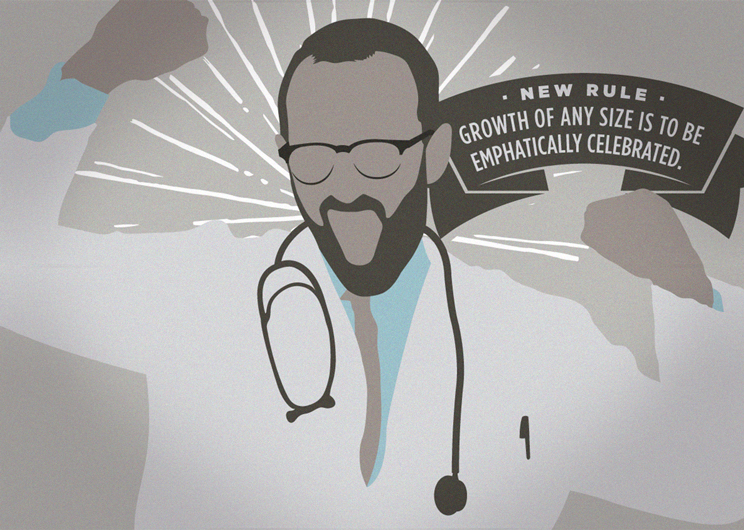Atlas has always taken users’ security and flexibility to heart. We want our docs to be able to work the way they want to work. Today we’re giving you even more flexibility with how you secure your data.
We’ve had two-factor authentication (2FA) in the app for a long time now, and we sincerely hope that you’ve all had that enabled and are relying on it as yet another check. But many people don’t realize that SMS–like everything these days it seems–has its own vulnerabilities.
Modern security standards advocate for a new sort of 2FA. One that relies on really strong cryptographic calculations instead of mobile messages winging through the air. Basically you install an app on your phone or device that continually updates a passcode based on an agreed-upon handshake with Atlas.
This is such an oversimplification it’s a bit unfair, but for the sake of brevity, that’s how you can think about it. If you really want to understand more about how it works click over here.
Atlas now supports this more secure authentication method, and we hope all of our clinics adapt it into their workflow. You’ll need to make sure all your users grab one of those apps and then enable it on your settings page. The new help article on it will walk you through all the details. We’ve even got a nice video to help a complicated thing get simple.
We hope you’ll enjoy the new security flexibility built into this feature. It’s peace of mind that you’re doing your best to keep your patient health data as safe as it can be. In the meantime, we’ll be over here trying to explain to people the difference between MFA, 2FA, MMS, and SMS … so many acronyms these days.










